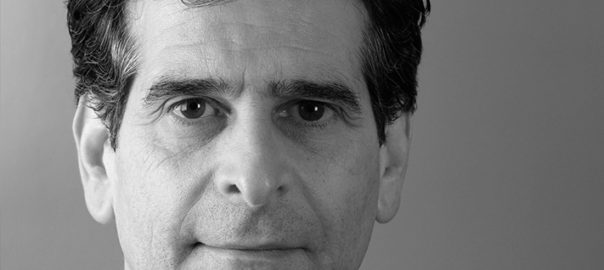What Can $294 Million Do For Regenerative Medicine?

Dean Kamen has become known as the $294 million man. As an inventor and entrepreneur, Kamen’s passion for technology has helped his company, DEKA Research & Development, create many groundbreaking products over the years, such as the first portable insulin delivery system, an electronic wheelchair that can take the stairs, and a robotic prosthetic arm. As if those achievements weren’t enough, the U.S Department of Defense recently announced that Kamen will now lead 87 businesses, academic institutions, and other organizations as they collaborate to further advance tissue engineering and regenerative medicine.
Though Kamen didn’t seek the role of ARMI’s leader himself, he couldn’t turn down the opportunity when the Department of Defense offered it to him. Kamen’s coalition is titled the Advanced Regenerative Manufacturing Institute (ARMI), with the goal of developing “next-generation manufacturing techniques for repairing and replacing cells, tissues, and organs for wounded service members.” To date, ARMI has secured $294 million in funding, with more expected in the future.
Speaking to a reporter with Xconomy, Kamen explained the urgency of the task at hand. “There’s all this great science going on but there aren’t a lot of companies that are looking for ways to take this magic out of the roller bottles – these one-at-a-time miracles – and go from science experiments to industrial scale to meet the needs of hundreds of thousands of people waiting for organs or tissue. As this magic gets better and better…let’s create an opportunity for them to have the right tools to meet the needs – the desperate needs, in many cases – of people.”
Manufacturing Vs. Medical
Kamen is careful to specify the purpose of ARMI. The organization is not completing medical research and studies itself, but rather “bringing the technology to the medical community.” Pharmaceutical, industrial, and medtech companies, as well as small startups flourishing out of university laboratories, can all turn to ARMI for support as they work to make their regenerative medicine discoveries available on a large scale level.
As Kamen explained in his interview, “We want to have processes in place to deal with agencies like the FDA to make sure that we can effectively support, in appropriate ways, all the stuff that needs to be done to get into and get out of clinical trials…to bring things to scale, to get quality up and cost down as we transition these things from science to industry. That’s the focus of what we’re going to do. We will not be doing the basic science. We will be doing the transition to volume – qualified, reliable systems.”
A Focus on Military Men and Women
There is no doubt in Kamen’s mind that the same medical advances that support injured soldiers will also have applications in the general population. Given ARMI’s funding by the Department of Defense, Kamen has a responsibility to give special attention to utilizing ARMI to meet the specific needs of warfighters, particularly with severe burns, missing bone and tissue, and missing limbs. Kamen feels passionately about the need to make regenerative medicine treatments more widely available to soldiers: “In many cases, literally they’ve given their arms and legs for this country. We owe them a lot.”
Kamen’s journey with ARMI is only beginning, so only time will tell how impactful his coalition will be in the effort to make regenerative medicine more accessible to soldiers and the general population. But one thing is for sure: it is people like Kamen and the significant funding he has secured who will make it possible for regenerative medicine to continue saving lives and improving quality of life.
Image Source: Xconomy


